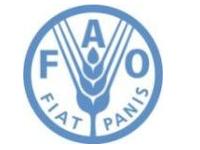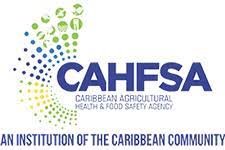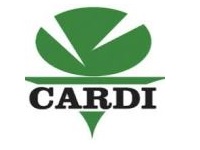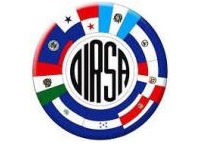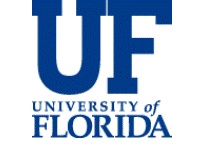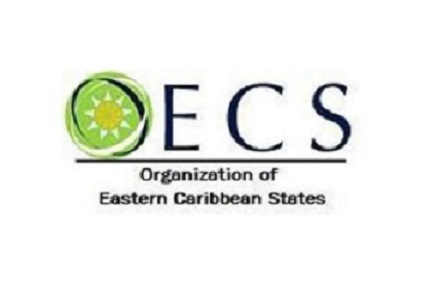Compendium on the Plant Health Research Priorities for the Mediterranean Region is now available!
The compendium on the plant health research priorities for the Mediterranean region has been published!
The compendium can be accessed at the following link: Compendium on the Plant Health Research Priorities for the Mediterranean Region (Website Link)
Summary:
“The Mediterranean region is home to about 25 000 plant species, of which 13 000 are endemic (not found anywhere else on Earth) and has been recognised as a biodiversity hotspot that is suffering an exceptional loss of habitat. Mediterranean agriculture, forests and other environments are seriously threatened by numerous quarantine and emerging pests, and their negative impacts is expected to increase due to global trade and climate change. In the face of these challenges, the Mediterranean region is particularly vulnerable due to the weakness of national quarantine systems, limited expertise and phytosanitary infrastructures, and not least the lack of funds for research activities in support of statutory plant health.
The Compendium on the ‘Plant Health research priorities for the Mediterranean region’ is the result of the collaboration of experts from leading organizations and initiatives in the region: the International Centre for Advanced Mediterranean Agronomic Studies, the Euphresco network for phytosanitary research coordination and funding, the Arab Society for Plant Protection, the European and Mediterranean Plant Protection Organization, the Food and Agriculture Organization, the Mediterranean Phytopathological Union and the Near East Plant Protection Organization.
The compendium summarizes the result of a survey on plant health research priorities organised among experts from National Plant Protection Organizations and research organizations in the Balkan-Mediterranean, Eastern Mediterranean, Maghreb, and Western Mediterranean. The most threatening pests, the research priorities, the important research infrastructures and the needs in terms of capacity are presented. It is hoped that the document will help guiding the identification of research priorities by the funders, that it will contribute to improve the coordination of research efforts on plant health and plant protection and that it will enhance cooperation of stakeholders within the area.
The CIHEAM and Euphresco will continue, with the help of other interested international organisations, to make sure that the document remains relevant over the time, in order to serve research collaboration and coordination of plant health research for Mediterranean countries.”
Special Thanks to Mr. Baldissera Giovani (EPPO-Euphresco, Paris, France) for sharing this!

